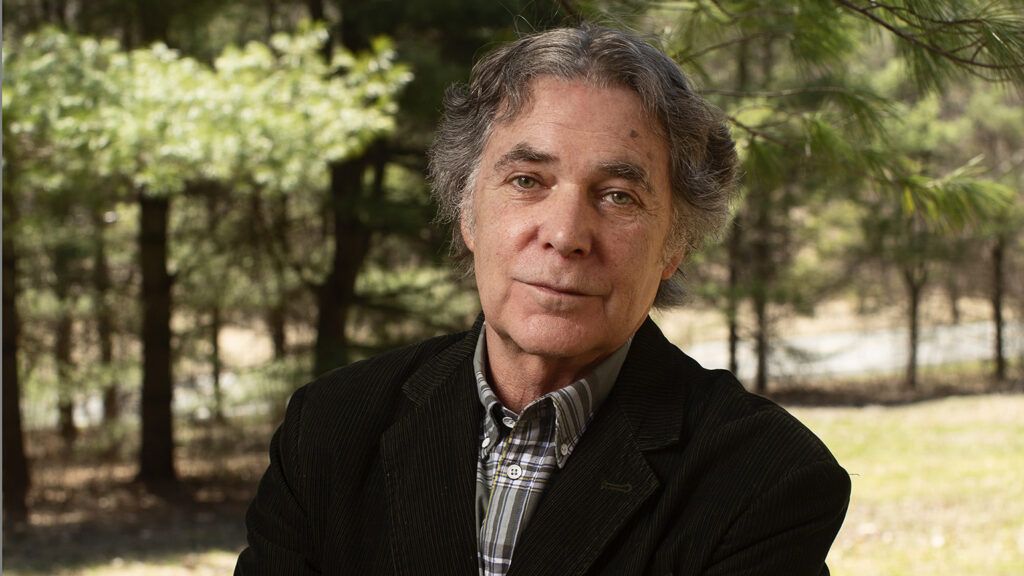I was 13 that hot summer in 1967 when what my father called a race riot broke out in Detroit, lasting for five bloody, violent, indelible days. We lived adjacent to Quarton Road, also called 16 Mile Road. The northern boundary of the city of Detroit was 8 Mile Road. Those mere eight miles separating my comfortable, northern suburb and a city that was literally on fire that July might as well have been 800 miles.
The riot left 43 dead and parts of a once great city in smoldering ruins. In the mostly white suburbs bordering the city the question that was raised was not what conditions led to this conflagration, but rather would the mostly Black rioters maraud up Woodward Avenue past the 8 Mile Road line of demarcation.
Of course, that never happened. It was never going to happen. Still my father and the neighbors talked about what they would do if it did. Going on the defensive was their basic instinct. Circling the wagons, as it were.
My mother and some of her more liberal-minded friends from church saw poverty and discrimination as the enemy, not the rioters. Not for the last time we had a small riot in our own house, with me fighting with my dad over the underlying reasons for the riots and my mother trying to keep the peace but usually solidly in my camp. I accused my father of being more white than Christian. That did not go over well and all these years later, I’m sorry I said it.
Dr. Martin Luther King Jr. spoke at length about the riot three weeks later in an address to the Southern Christian Leadership Conference in Atlanta. He deplored the violence but deplored just as fervently the social conditions that he believed catalyzed the unrest, especially the desperation of poverty occasioned by racial discrimination. He quoted Victor Hugo: “If the soul is left in darkness, sins will be committed. The guilty one is not he who commits the sin, but he who causes the darkness.”
Less than a year later Dr. King would be a victim of that darkness.
Race has always been this great country’s Achilles’ heel. It is easy to say that today things are much better than they were in the long hot summer when my father and I were going at it tooth and nail while Detroit burned, because it’s incontrovertibly true. We have come a long way because society has tried to confront racism. But we are not yet fully reconciled as a nation to the moral corrosiveness of our original sin, slavery. Still, we are trying and hopefully with each generation that healing flowers more.
The Sunday after the riot, our pastor, Father Walling, led our congregation in a prayer for peace and understanding. There were only two Black families in our parish. I remember the discomfort I felt knowing that they must have realized that not everyone was praying from the heart that day. I wondered in the wake of such violence and rage if things would ever get better.
We are not past our troubles, but I believe we are closer to overcoming them than ever before. The fact that we celebrate Dr. King’s birth as a national holiday—and now Juneteenth—may be largely symbolic. Yet symbols carry power. The power to celebrate and heal. To live as Jesus urged us, with love and forgiveness and as brothers and sisters in Him. Not to circle the wagons but to open our hearts.







